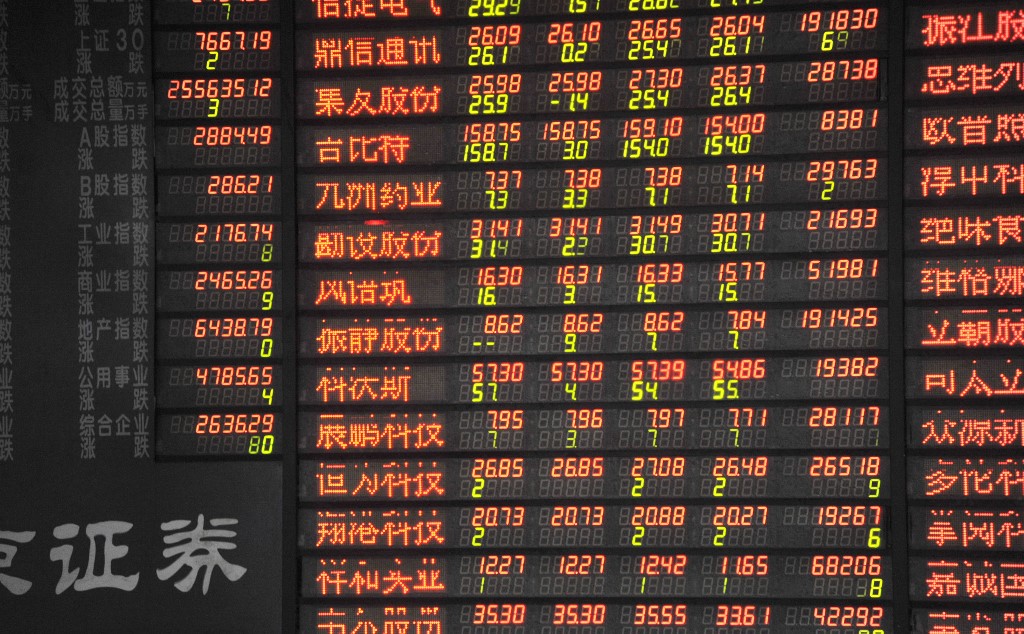China’s tech shares tumbled for a second day as the country passed a strict data privacy law that unnerved investors worried about the extent of Beijing’s regulatory crackdown.
Hong Kong’s embattled Hang Seng Tech Index, a barometer of China’s big tech companies, dropped 2.46% as China’s National People’s Congress officially passed a law designed to protect online user data privacy.
This is expected to add more compliance requirements for companies in the country and prompted Alibaba shares to fall another 2.6% to the lowest since its Hong Kong debut. Its shares slumped more than 5% on Thursday.
The law, designed to protect online user data privacy, will be implemented from November 1, state-media outlet Xinhua said. Its passage completes another pillar in the country’s efforts to regulate cyberspace. Chinese internet companies should innovate, assume social responsibilities and promote social values, according to a state media article on Friday.
“There are several reasons for the declines, but the main thing is the ongoing regulatory risk,” said Gary Ng, an economist at Natixis in Hong Kong. ”Markets are reacting sharply to regulatory changes or any suggestions in state media that they might be coming.”
Food-delivery giant Meituan tumbled 4.5% to a one-year low, while gaming and social media giant Tencent recovered from earlier falls to close 1% up.
Healthcare, liquor stocks plunge
The Hang Seng Healthcare index plunged almost 7% amid growing concerns that the sector will also be in the regulatory crosshairs. Alibaba Healthcare Information Technology and Wuxi Biologics plummeted 13.4% and 10.4%, respectively.
China‘s liquor stocks also slumped 5.8%, after state media reported that the country’s State Administration for Market Regulation was holding a meeting during the day to discuss regulations over the liquor market. Liquor company Kweichow Moutai, one of Asia’s biggest stocks, fell 4.44%.
China has instructed its tech giants to ensure better secure storage of user data, amid public complaints about mismanagement and misuse which have resulted in user privacy violations. The new law says that handling of personal information must have a clear and reasonable purpose and shall be limited to the “minimum scope necessary to achieve the goals of handling” data.
It also lays out conditions for which companies can collect personal data, including obtaining an individual’s consent, as well as laying out guidelines for ensuring data protection when data is transferred outside the country. The law also calls for handlers of personal information to designate an individual in charge of personal information protection and calls for handlers to conduct periodic audits to ensure compliance with the law.
• Jim Pollard and Reuters
























